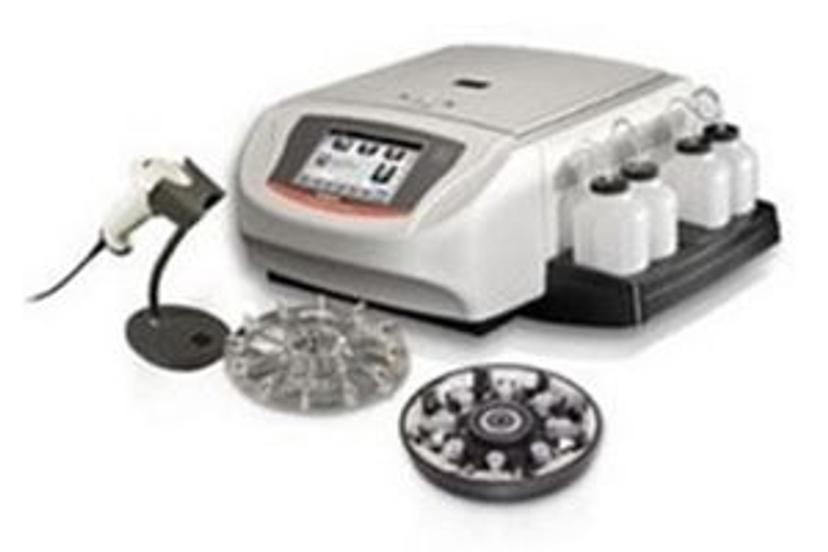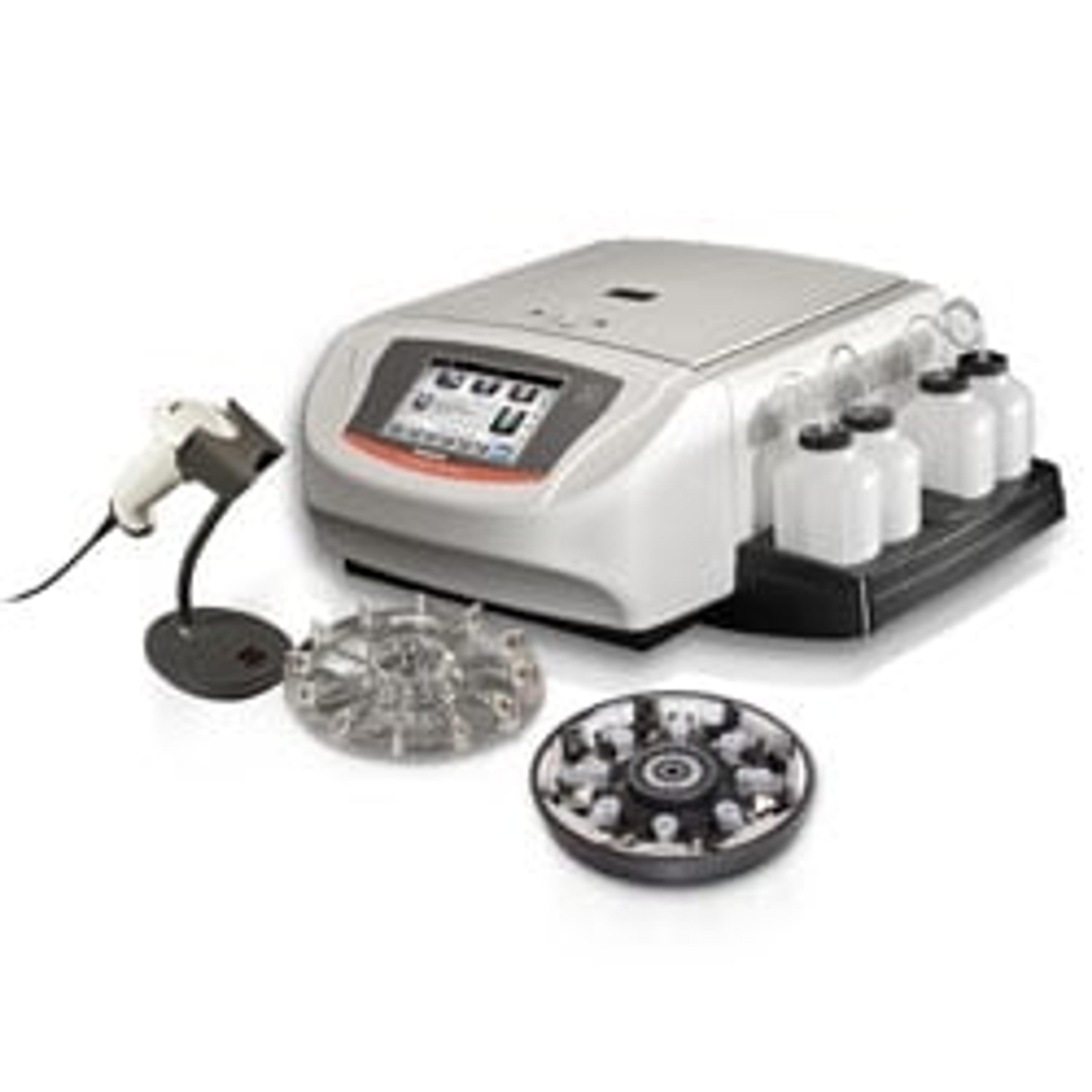Streamlining hematology workflows with automated slide staining
Gary Tye shares how timely, consistent, and high-definition hematology staining can improve patient care
26 Mar 2023

Hematology laboratories support most, if not all hospital departments by performing and interpreting a wide range of laboratory tests to assist clinicians in their diagnosis, monitoring, and treatment of disease. In the effort to provide improved patient care and outcomes, hematology wards often require a high volume of samples to be turned around quickly, whilst still ensuring confidence in the results.
In this article, Gary Tye, a senior biomedical scientist at Blackpool Victoria Hospital, discusses the critical role of reliable slide staining and centrifugation technology in the timely analysis of patient blood and bone marrow samples. Tye highlights how automating the slide staining process using a platform such as the ELITechGroup Aerospray® Hematology Pro Slide Stainer / Cytocentrifuge can significantly reduce turnaround times and enhance the standardization of hematology results compared to manual methods. This improvement in efficiency, he says, can lead to faster treatment decisions and ultimately, better patient outcomes.
The essential role of hematology
The hematology ward at Blackpool Victoria Hospital caters to patients with both malignant and non-malignant diseases of the blood, ranging from deficiency anemias and disorders of blood clotting to complex leukemias and lymphomas.
Our hematology lab is responsible for processing all the full blood counts and other hematological samples for the hospital and GP services,” explains Tye. “Linked to the hospital, we also have a tertiary leukemia unit responsible for treating all patients with hematological malignancies within the Lancashire and Cumbria area.”
Reliable slide staining in a standardized fashion
Hematological testing heavily relies on slide staining to detect abnormalities in cell count and structure under a microscope. However, manually preparing slides for analysis is intricate, time-consuming, and requires a skilled operator to produce consistent, high-quality stains. Moreover, the lack of standardization due to user variability, combined with the potential need for repeats, can cause delays in result interpretation that can hinder the provision of timely patient care.
Automating the slide staining process can effectively address these challenges, eliminating slide-to-slide inconsistencies and providing clinical laboratories with enhanced standardization, speed, and reproducibility.
To stain microscope slides prepared with blood, bone marrow, and other body fluid specimens, Tye and his lab use the Aerospray Hematology Pro Slide Stainer / Cytocentrifuge, which they have found to produce reliable, high-quality stains and significantly speed up their workflows.
"We use the Aerospray for staining blood films, bone marrow samples, cerebrospinal fluid (CSF) cytospins, and fluid white cell counts, and we can also do malaria slides on them,” says Tye. “The Aerospray allows us to prepare slides in a standardized fashion and it's much quicker than our previous manual methods. The slides are crystal-clear and effectively high definition, which allows us to interpret the films correctly, leading to treatment options for the hematology unit.”

Using the Aerospray, specimens can be stained in as little as five minutes, enabling up to 115 slides to be processed per hour – which can be increased to 288 with an optional 30-slide carousel. By executing a specified staining sequence in the same way every run, the instrument provides more repeatable and reliable stains compared with traditional staining by hand. It also enables staining protocols to be customized and saved, allowing labs to adjust stain intensity and coloration accordingly with their sample requirements.
Tye suggests that by streamlining the staining process, automated slide stainers such as the Aerospray can directly impact patient care by reducing the time to critical test results. “The hematology ward requires urgent samples turned around quickly, and we use blood films to monitor blast counts of cancer patients to ensure that the treatment they're on is appropriate,” he says. “The Aerospray allows us to produce the blood films in a timely manner, which is advantageous to the patients. Anything that speeds up their treatment will be beneficial, and at the end of the day, patient care is what we are here for.”
Future outlooks
Tye concludes by highlighting his team’s positive experience with the Aerospray and how they look to build upon this success going forward. "In the future, we could consider a larger model that would allow us to stain more films simultaneously, and we could also explore adding the cytospin option, which would enable us to perform cytospins within our lab," he explains. By incorporating the optional Cytopro® Rotor, the Aerospray stainer gains dual functionality as a cytocentrifuge that can increase the number of cells on a slide by five to nine times and at a fraction of the cost of purchasing a standalone cytocentrifuge.
He concludes, “As the technology improves, we will be looking to move on to bigger and better equipment. Anything that would speed up the processing of samples through the laboratory and lead to improved patient outcomes is something we would be extremely interested in.”
Watch Gary Tye’s video interview on The Scientists’ Channel >>

